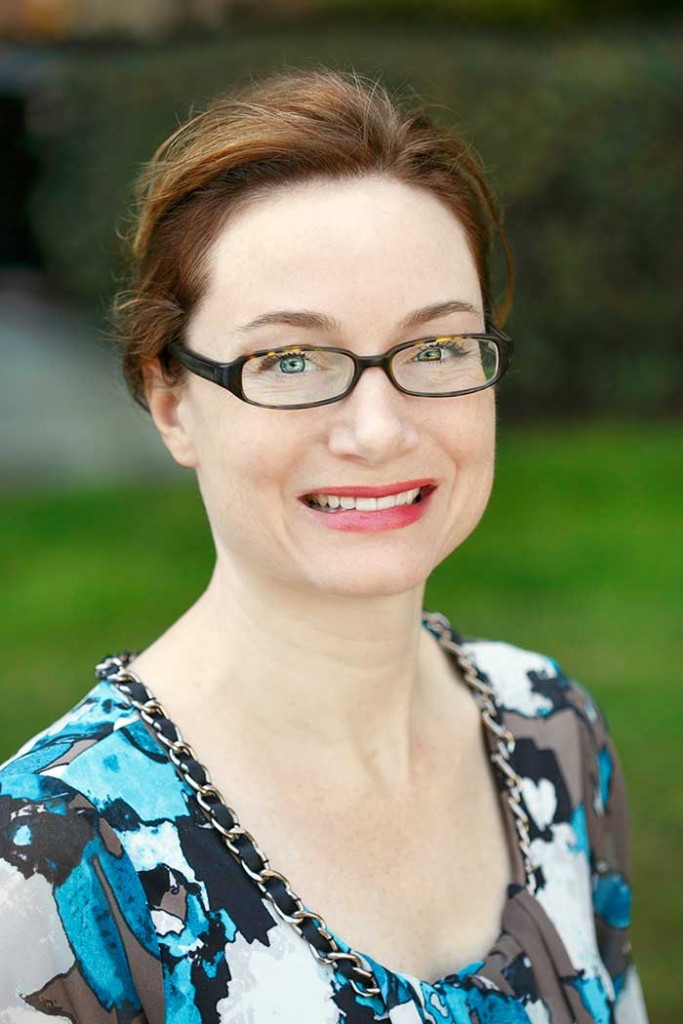 Associate Scientist, Amy Mericle, recently received NIDA funding (R21 DA 039027) for a project that focuses on lesbian, gay, bisexual, transgender, and intersex (LGBTI) adults who face unique health disparities.
Associate Scientist, Amy Mericle, recently received NIDA funding (R21 DA 039027) for a project that focuses on lesbian, gay, bisexual, transgender, and intersex (LGBTI) adults who face unique health disparities.
Within this community, men who have sex with men (MSM) are at increased risk for substance abuse, HIV/AIDS, and other adverse health conditions. Addiction recovery residences are a promising mechanism to enhance outcomes among individuals who abuse substances, but the experiences of sexual minorities in these settings have been under-researched.
To address this gaps in the literature, the proposed two-year, mixed-methods, formative research study has three specific aims:
- To examine the service delivery components of a recovery residence serving MSM residents and how this residence may differ from residences not specifically designated for MSM residents;
- To assess the feasibility of recruiting MSM residents and collecting baseline and 3-month follow-up data on substance abuse to estimate changes in HIV/AIDS risk behavior, health status, and service use;
- To identify factors that may facilitate or inhibit the opening and operation of recovery residences for MSM and members of the larger LGBTI population.
To address these aims, we will conduct in-person interviews with the owner and house managers of an organization that runs 12 recovery residences in Austin, Texas, including a home designated for MSM. We will also collect mixed-methods, computer-assisted telephone interviews with MSM residents (N=30) who live in these residences upon entry and at a 3-month follow-up interview. Finally, in order to better understand factors that may facilitate or inhibit the wider proliferation of recovery residences for segments of the LGBTI population, we will conduct key-informant interviews with recovery residence operators (N=10) in densely populated urban areas across the US who are affiliated with the National Alliance for Recovery Residences (NARR). The proposed study represents the first study of MSM experiences in recovery residences and the first study of an MSM recovery residence. Drs. Mericle (PI) and Polcin (Co-I) are among the few researchers in the nation who have conducted research on recovery residences and will be joined by Drs. Adam Carrico (Co-I) and Ronald Stall (Consultant) who have expertise in substance abuse and associated health problems among MSM.
The findings from this study will enhance the understanding of the role that recovery residences can play in reducing HIV/AIDS risk among MSM. More importantly, this research will establish the magnitude of the effects that recovery residences may have on key health and service use outcomes among MSM, a critical first step to future trials of the effectiveness of recovery residences and services delivered in recovery residences to improve health outcomes among MSM and reduce health disparities among individuals in the larger LGBTI community.
